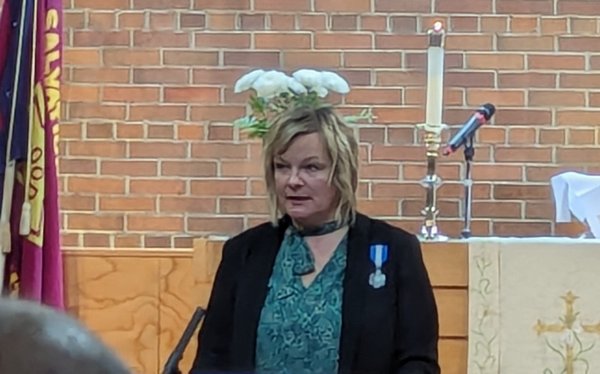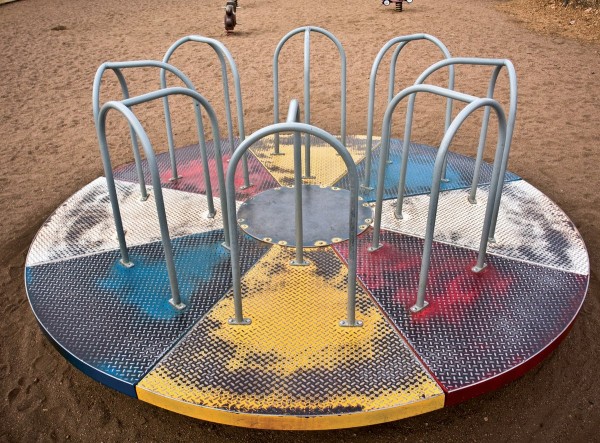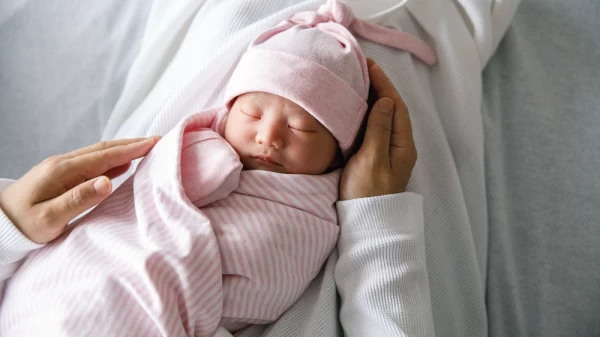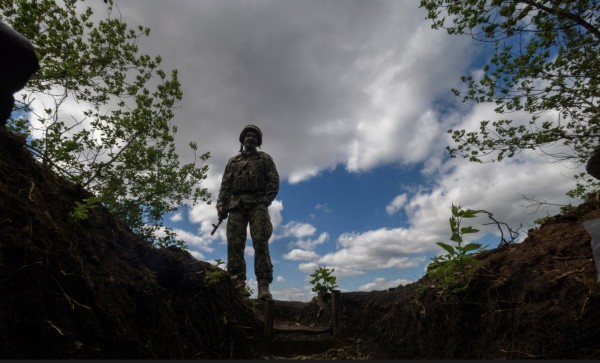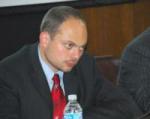
https://www.theguardian.com/co...
On his visit to Russia in February 1994 Britain’s then prime minister, John Major, strayed from the customary itinerary of official meetings in Moscow and travelled 300 miles east, to Nizhny Novgorod, to see a rare success story in a struggling Russian economy. Here, in a onetime Soviet industrial backwater closed to foreigners, a young governor named Boris Nemtsov led an ambitious programme of liberal reforms, attracting investment, promoting trade and creating a new middle class of farmers and small business owners.
The reforms were assisted by western money and expertise, most prominently from Britain’s know-how fund. “You are leading the way in pioneering the new economy,” Major told an audience of businesspeople at the city’s historic trade fair. “Governor Nemtsov and his colleagues are right to be proud of their achievements.”
Three years later, in October 1997, another British prime minister from another party flew to Moscow to discuss trade and economic cooperation. On his arrival, before meeting President Boris Yeltsin, Tony Blair sat down for dinner with Nemtsov, who was by then Russia’s first deputy prime minister. Commenting on the talks, Blair hailed the “immensely exciting opportunity” for UK-Russia relations.
In many ways, Boris Nemtsov embodied Russia’s hopes and opportunities after the fall of communism. A prominent voice for democracy in parliament, a successful regional reformer, a daring cabinet minister resolved to challenge the influence of the “oligarchs”, he was the face of a more hopeful and modern Russia. He always stood firm on his principles – whether when, as governor, he collected a million signatures against the war in Chechnya; or when, as deputy premier, he required state officials to disclose their incomes and property in an effort to stamp out corruption. By the second half of the 1990s, Nemtsov was Russia’s most popular politician and widely seen as a future successor to Yeltsin.
History decided otherwise. But when Vladimir Putin came to power and began to dismantle Russia’s nascent democracy, Nemtsov – unlike many of his fellow liberals – refused to accept the new rules. He became the most prominent and effective voice in opposition to Putin, exposing government corruption; advocating for targeted western sanctions on human rights abusers; leading protests against election fraud at home and the Kremlin’s acts of aggression abroad.
He was repeatedly arrested at peaceful rallies; physically attacked by pro-Kremlin groups; denounced on state media as a “traitor”. But he would not relent. He was silenced the only way he could be: on 27 February 2015 Boris Nemtsov was killed, by five bullets in the back, as he walked across a bridge in the Kremlin’s shadow.
Every year around that date thousands march through the streets of Moscow in remembrance. Every day, almost four years on, Russians leave flowers and light candles on the spot where Nemtsov was killed, in what has become an unofficial memorial.
The official story is different. The Russian authorities continue to fight Nemtsov in death as they fought him in life. They are now fighting his memory, blocking public initiatives for a commemoration: no minute of silence in parliament; no memorial sign on the bridge; no plaque in his hometown of Nizhny Novgorod. On more than 80 occasions since 2015 the Moscow authorities have dispatched the police and utility services to pillage the makeshift memorial; grown men in uniforms stealing flowers under the cover of darkness. It is apparently forbidden to commemorate a Russian statesman in Russia.
So Nemtsov’s friends and supporters have asked elected officials in democratic countries to do what they, for now, are unable to do at home. Earlier this year, the Washington DC city council unanimously voted to designate the block in front of the Russian embassy as Boris Nemtsov Plaza. Then in May the city council in Vilnius renamed a park in front of the Russian embassy as Boris Nemtsov Square. Last month Kiev followed suit. Similar initiatives have been launched in Ottawa, Warsaw and other world capitals.
The Russian embassy in London stands on Bayswater Road. Earlier this week we (the MPs Mark Pritchard, Stephen Kinnock and Tom Brake are supporting the request) submitted a request to Kensington and Chelsea borough council to designate the footpath in front of the embassy as Boris Nemtsov Way. This designation would send a strong message that political assassinations are unacceptable; that the legacy of Boris Nemtsov and the vision of a democratic Russia he fought for live on; and that Britain stands on the side of those who are defending freedom and the rule of law. And, one day, Russia will be proud that its embassies are standing on streets named after a Russian statesman.
Vladimir Kara-Murza, a longtime colleague of Boris Nemtsov, is chairman of the Nemtsov Foundation












